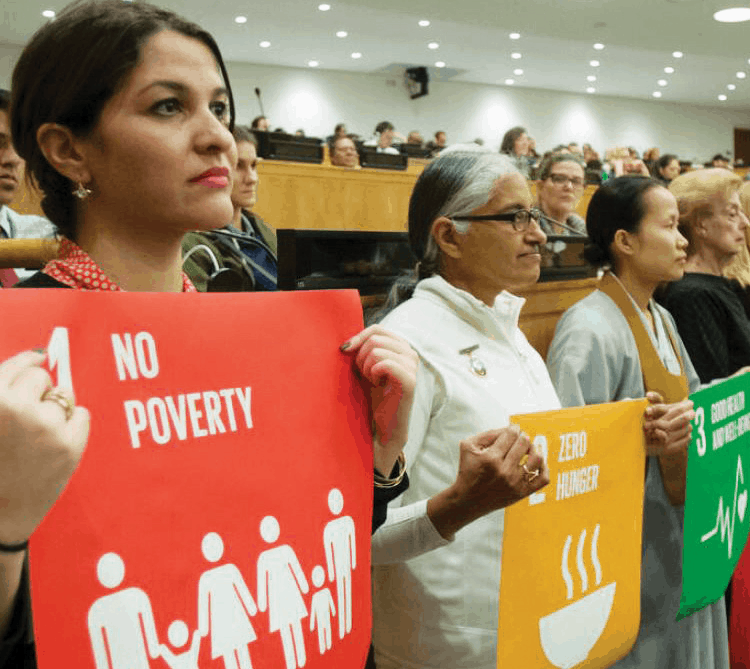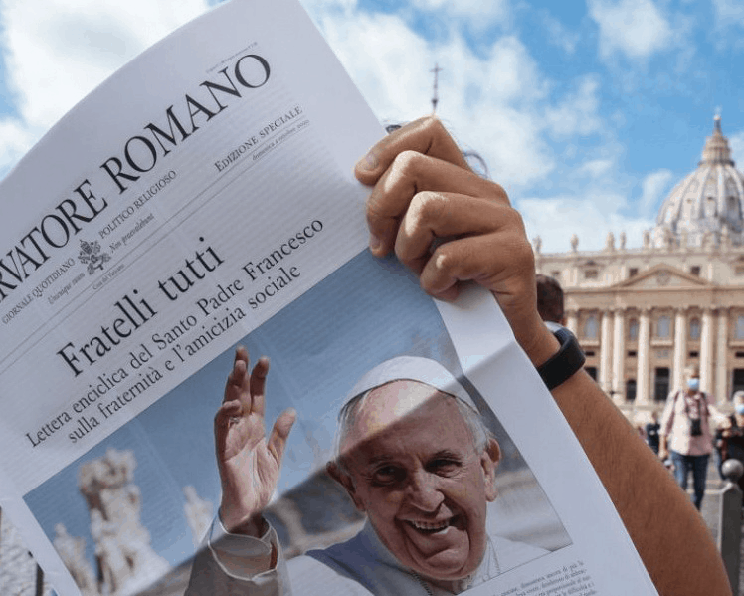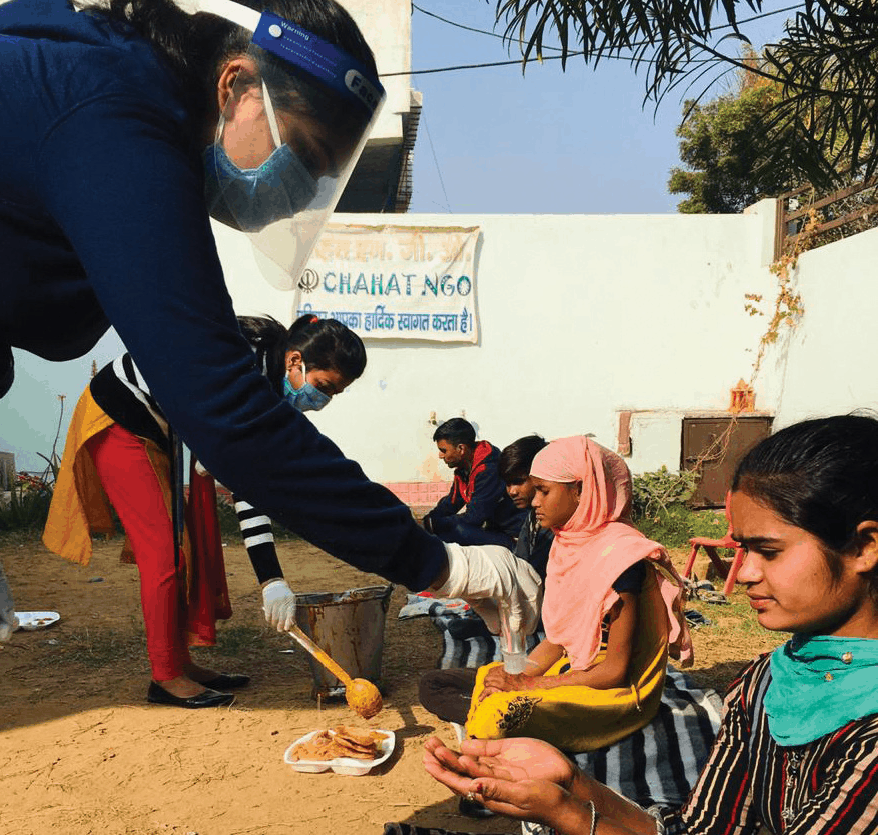
In a world where differences exist, is hatred the only way to deal with them? Certainly, not! Differences are the very things that distinguish us from one another, things we do not agree on, and so, at first glance, we might be inclined to think that, since we are not on the same page, we tend to hate or, at the very least, dislike the other. However, a culture of hatred will only lead to the self-destruction of the human race. So, what to do?
Last year, Gen Verde, the all-female international music group of the Focolare, released a set of new songs, and one of them was “Solo la Luce” (Only Light) whose refrain echoes these famous words of Martin Luther King Jr., “Hate cannot drive out hate; only love can do that.” Love, “with its impulse to universality, is capable of building a new world.”[1]

In 2010, King Abdullah II and Prince Ghazi bin Muhammad of Jordan proposed to hold a World Interfaith Harmony Week every first week of February. In the same year, the General Assembly of the United Nations formally established the said observance to provide a platform where people of various religions can come together, affirm mutual understanding and interreligious dialogue as necessary dimensions for a culture of peace, and spread the message of interfaith harmony.
In the Philippines, former President Benigno S. Aquino III signed in 2013 Republic Act No. 10525 which mandated various government agencies to celebrate the event and promote its aims. A network of representatives from various religions called the “Uniharmony Partners Manila” (UPM) has been spearheading the annual celebrations ever since. It usually starts with a breakfast fellowship organized by the then Archbishop of Manila, His Eminence Luis Antonio Cardinal Tagle. Here, diplomats, as well as leaders and members of different religions, are invited to share a meal. Cardinal Tagle once explained why he thinks holding the Breakfast Meeting was necessary. According to him, sharing a meal provides a common experience, a common memory, that strengthens the sense of friendship among those who share it. Places of worship of different religions open their doors to host various programs and activities. The Focolare Movement also takes part in the celebration by participating in all activities and by organizing during that week at least one activity which, in recent years, has focused on promoting interreligious dialogue among young people.

It will be challenging to hold this annual week-long celebration in a time when physical gatherings are discouraged due to the threat of the pandemic. The organizers may still try to find a way to celebrate it by taking advantage of today’s available technology. However, maybe for this year, we are called to look inwards. Just a few months ago, Pope Francis released his latest encyclical letter entitled “Fratelli Tutti.” The document, among many others, calls for global solidarity to promote and defend human rights, recognize human dignity, care for our common home, engage in political love (meaning “universal and inclusive of others”), and communicate with readiness to dialogue.

We are moving towards a new era. What are the things that we’ll keep and what are the things we’ll leave behind? Let’s leave behind hate and take in harmony! Look at the other not as a stranger but as my neighbor! One way to observe this international event is by reading and reflecting on “Fratelli Tutti” and using it to examine ourselves and the society around us. Let us be ready to respond to its challenges! “Let us dream, then, as a single human family, as fellow travelers sharing the same flesh, as children of the same earth which is our common home, each of us bringing the richness of his or her beliefs and convictions, each of us with his or her own voice, brothers and sisters all.”[2]
Giancarlo “Gio” Francisco
[1] Pope Francis, Fratelli Tutti, 183.
[2] Ibid, 8.




